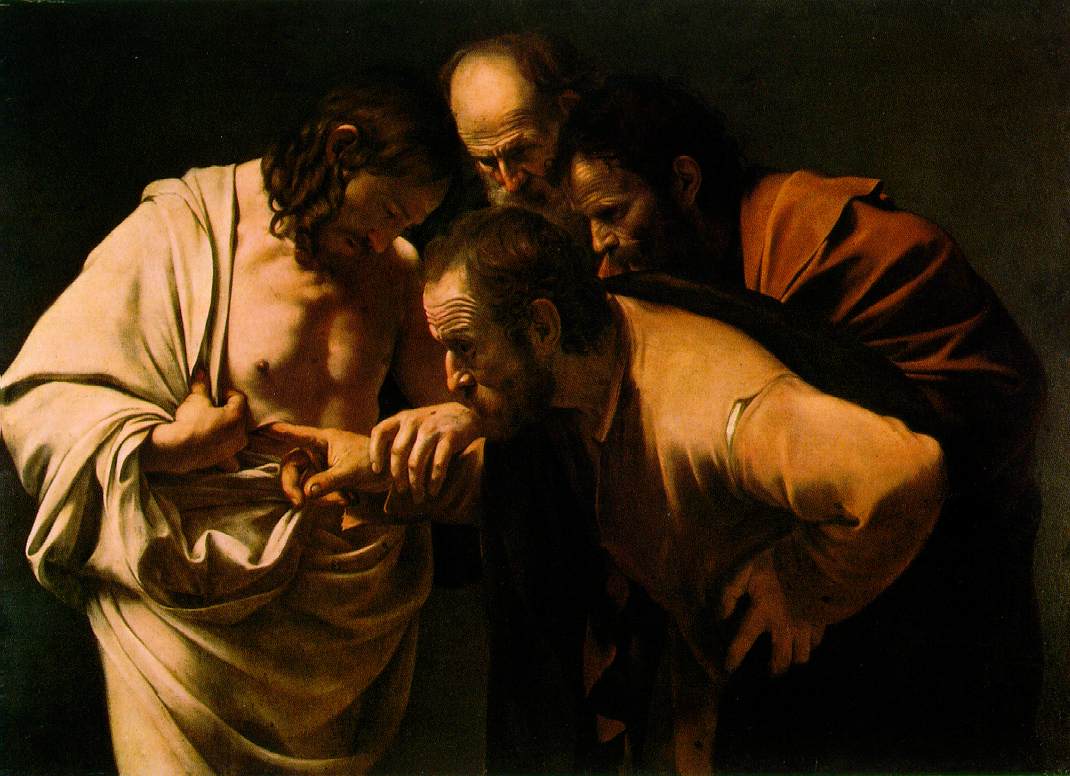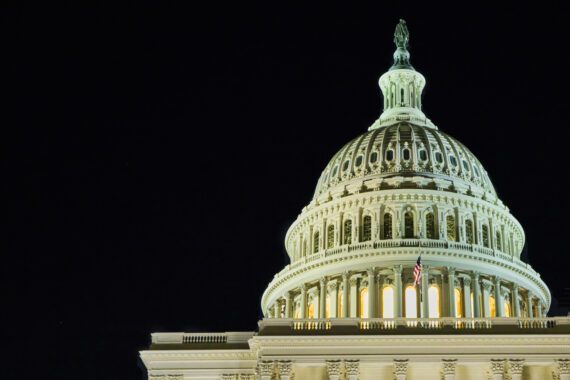By Stephen H. Padre
Thomas, one of Jesus’ twelve disciples, kind of gets the short end of the stick. For churches that use the Revised Common Lectionary, Thomas’ big moment, the Gospel story that gives him the nickname “Doubting Thomas,” always comes on the Sunday after Easter, which was this past Sunday. Thomas’ major episode always comes after the climax of Easter, after the fanfare has waned and the trumpets and lilies have been put away.
Yet the story of Doubting Thomas has many good lessons in it. And one of those lessons can be applied to our work in ending hunger.
Certainly we can all identify with Thomas’ doubt. We all have doubts in our faith. And when something really big needs to be done, we sometimes doubt our ability to do it. Hunger is an enormous, global, and complex problem. With hundreds of millions of people suffering from hunger, how will we ever be able to end it? How can I, with so little influence in a globalized world that is controlled by so many forces bigger than me, do something about hunger?
But we can end hunger. The nations of the world have made tremendous progress in the past several decades. Even as the world’s population has grown, the number of hungry people has decreased by over 200 million since 1990. The political atmosphere is also ripe for moving the world toward the end of hunger. Powerful institutions like the World Bank have a goal of ending extreme poverty by 2030, and last year, 193 nations adopted the Sustainable Development Goals. Among these goals is ending hunger by 2030.
Yes, we as Americans may be living in uncertain political times in our own country. We are all Doubting Thomases when it comes to who the two political parties will select as their nominees and who will ultimately be our next president. But much of Congress is up for election in November too – the entire House of Representatives and a third of the Senate. And Congress is where Bread activists direct most of their energy.
Between now and November we have an opportunity to raise hunger as an election issue among congressional and presidential candidates. As voters, we get to choose our leaders, and we can elect those who will put our nation on track to end hunger. With leadership from the U.S. government, the world can actually end hunger.
Through your advocacy with Bread, you can play your part in ending hunger. Perhaps you’re already involved in direct service, like volunteering at a food bank. Doing these things is touching the wounds of the world in the same way Thomas touched Jesus’ wounds. Our world, because of hunger and other afflictions, is broken and hurting. But if we reach out, as Thomas did, and touch the world’s wounds, we might come to a belief like Thomas did – a belief that we really can end hunger in our time. The evidence is there that we’re already doing it. Let us also have faith.
Stephen H. Padre is managing editor at Bread for the World.



